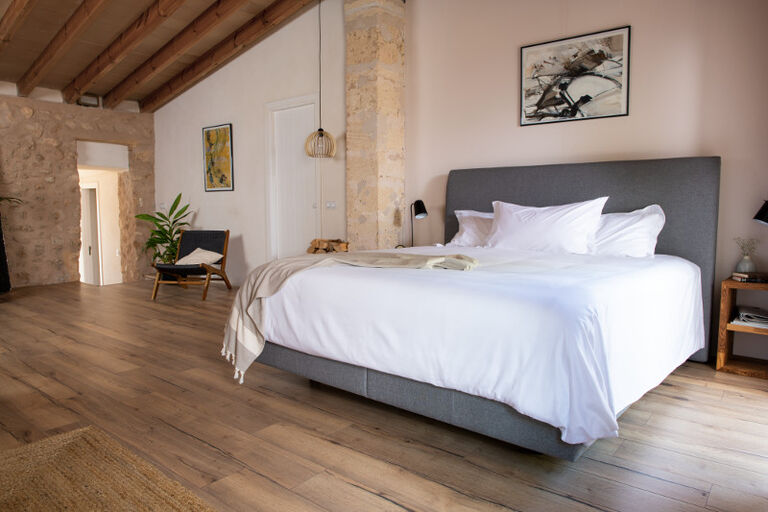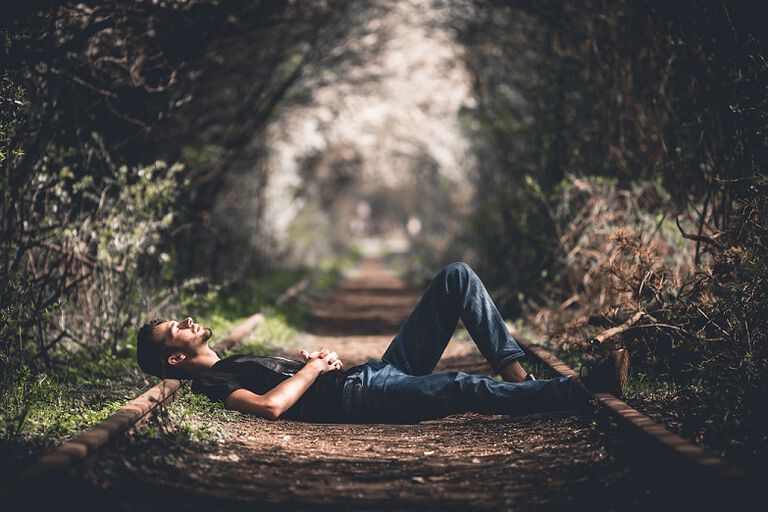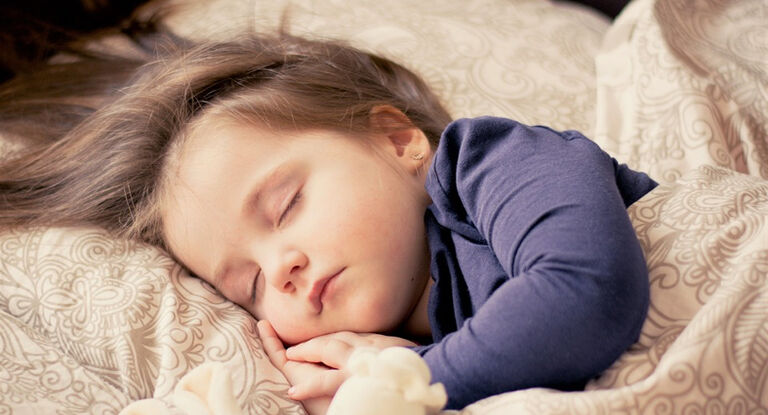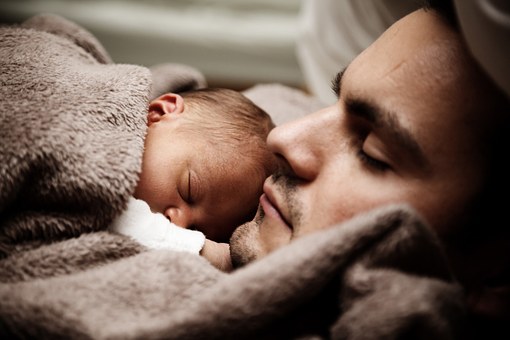SLEEPING EYE MASKS: DO THEY REALLY WORK?
Getting good sleep isn’t always easy. Whether you are distracted by thoughts of the various tasks you need to accomplish the next day, or you can’t sleep because it’s too bright, too hot or too noisy in your bedroom, good sleep can be elusive. But, when you don’t get good sleep, you may suffer for it the following day.
When we get good sleep, we usually find it easier to process and retain information, while being able to manage stress better than when we are tired. Good sleep can also help to boost our immune system, to help us get better when we’re sick, while also working to prevent us from getting sick in the first place.
Good sleep also benefits our body’s repair and regeneration systems. When we sleep, our pituitary gland releases a growth hormone that activates tissue growth and muscle repair, helping us to recover after injury or strenuous exercise. As for our skin, sleep can help to reduce dark circles under the eye, puffiness, and tired, sagging skin.
But what happens when good sleep is hard to find? While there are many ways to improve sleep – such as getting more exercise, reducing caffeine and alcohol intake, and creating good sleep habits – some people swear by sleeping masks. These eye masks help to block out light, allowing users to get to sleep faster and stay asleep longer while enjoying better quality sleep through the night.
DO EYE MASKS ACTUALLY HELP YOU SLEEP?
When you are sleep deprived and looking for tips for good sleep, you may be willing to try anything. But, do sleeping eye masks really work?
According to the Great British Sleep Survey, 19% of those surveyed said they were disturbed by light levels before or during sleep*. Why? Light impacts our sleep-wake cycle. Our eyes respond to light waves by sending signals to the part of our brain that controls our body clock. So, when it is light, our body finds it harder to sleep, and when it’s dark, sleep is easier to achieve.
Eye masks are designed to block out light, allowing users to get better sleep. This can be particularly useful for shift workers, for those who travel frequently, and for anyone who sleeps in a room that is lighter than they’d like.
Several studies have been carried out to test the effectiveness of sleep masks. In a 2010 Chinese study**, subjects were placed in an ICU environment with lots of sleep-interrupting light and noise. Researchers found that those participants who wore eye masks and earplugs experienced more REM time, less waking, and higher melatonin levels than those who did not.
Prior to that, in 2007, a similar study*** evaluated the practicality of using eye masks and earplugs with critical care patients and found that some patients using earplugs and eye masks reported longer periods of sleep than those without. In 2012, another study**** examined the effect of using eye masks and earplugs on sleep quality, and found that 28% of participants enjoyed better sleep using an eye mask.
HOW TO CHOOSE THE BEST SLEEP MASK FOR YOU
Eye mask sleep benefits obviously focus on quality of sleep. But to enjoy those sleep benefits, you need to find the right eye mask for you. The best eye masks will help to block out light, but there are other factors to consider if you want to find the best sleeping mask for you.
One of the first things to think about when choosing an eye mask is comfort. Most people find it very difficult to sleep when they are uncomfortable, so it’s important to find an eye mask that is so comfortable, it feels like you aren’t wearing one. Try to choose an eye mask in a soft, breathable, washable material, making sure it fits properly on your face and around your head.
Check that it is comfortable to wear, that the straps don’t dig into your skin, and that is doesn’t put too much pressure on your eyes or nose. Opting for an eye mask with cavities at the eye area can help to reduce pressure on the eye, while also working well for people who don’t want to mess up their eye makeup.
When you are wearing the eye mask, ensure it doesn’t let in any light, either at the nose or at the sides. Choosing a bigger mask, or one that better fits the shape of your face can help to reduce light. As for style, you may want to focus on function over form. While there are plenty of cheap, cute options out there, these eye masks may not offer the best quality.
Overall, sleep masks can help you sleep better, but they don’t work for everyone. If you want to find out more about how to get good sleep, take a look through the rest of our blog posts to learn about everything from the benefits of creating a routine at bedtime to using Feng Shui to improve your sleep space
* https://www.sleepio.com/articles/sleep-aids/sleep-mask/
** https://www.sleepfoundation.org/sleep-news/earplugs-and-eye-masks-help-promote-sleep
*** https://www.openaccessjournals.com/articles/the-effects-of-eye-masks-and-earplugs-on-the-sleep-quality-and-anxiety-of-hospitalized-patientsa-randomised-controlled-trial-12303.html
**** https://www.openaccessjournals.com/articles/the-effects-of-eye-masks-and-earplugs-on-the-sleep-quality-and-anxiety-of-hospitalized-patientsa-randomised-controlled-trial-12303.html
Feel it for yourself
Find a Tempur store or Stockist and try out our range of mattresses for yourself




